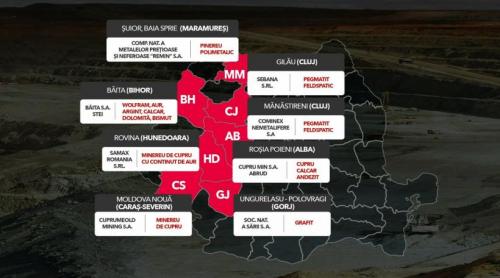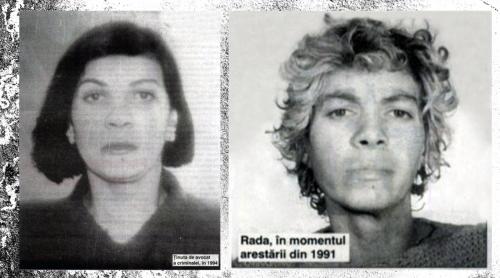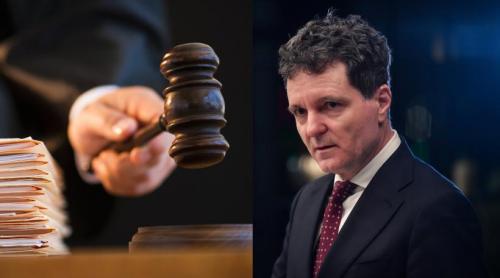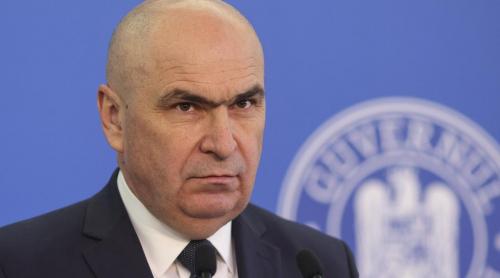
Romaniaâs losses in the privatizations deals it sealed in the energy sector was once again on the radar screens of the media these past days, with the Presidential Office asking for their details to be reassessed in a meeting Monday of the National Council for Defense, or CSAT. The decision-making body assembles President Traian Basescu, PM Calin Popescu Tariceanu, and all ministers and directors with portfolios relevant to the defense and intelligence sectors.
Officials in the Ministry of the Economy Friday were working frantically to ready the documentation for the CSAT meeting.Also Friday, Tariceanu said he was not favoring re-opening the negotiations for the privatization contracts in the energy sector because that would sent negative signals to the international business community. He also said the recent hike in the price of natural gas was not caused by Romaniaâs accession to the European Union in January 2007, as some alleged. The contract which captured the headlines in the past week was the one which sold Romaniaâs Petrom oil company to Austriaâs OMV, though most of the facts and arguments had been made public in many previous occasions. Dragos Cabat, vice-chairman with the Association of Financial Analysts, said that "all the debate taking place now should have had taken place prior to sealing the contracts. However, he doubted that "the privatization contracts would be re-negotiated. Penalties for canceling a contract or asking for its renegotiation go up to 10% of their value, but in the case of the contracts Romania signed the penalties could go even higher." An official taking part in the negotiation of the OMV-Petrom privatization deal said "the contract is water-proof." "In fact, only OMV stayed in the race, and Romanian negotiators tried very hard to trick it into believing that it had a competitor."
Last week Petrom was again in the news when it became clear the small leverage Romania had on OMV to stop it from selling major industrial capabilities of Petrom.
The minister of the economy, Codrut Seres, disagreed, stating that "for the time being we are able to stop such initiatives," hinting at the size of the stock Romania still holds in Petrom shares.
Translated by ANCA PADURARU
Citește pe Antena3.ro


















